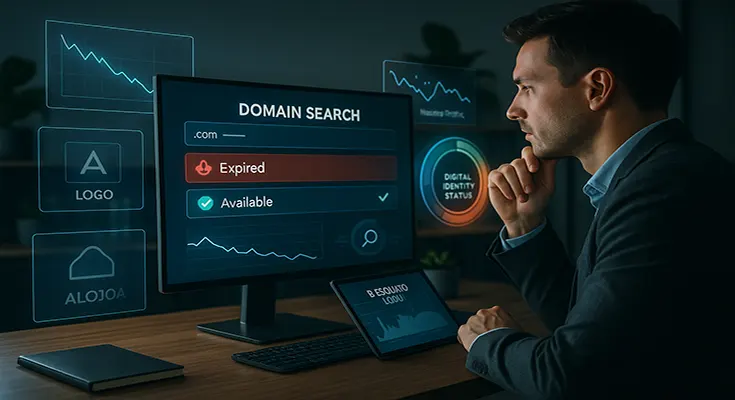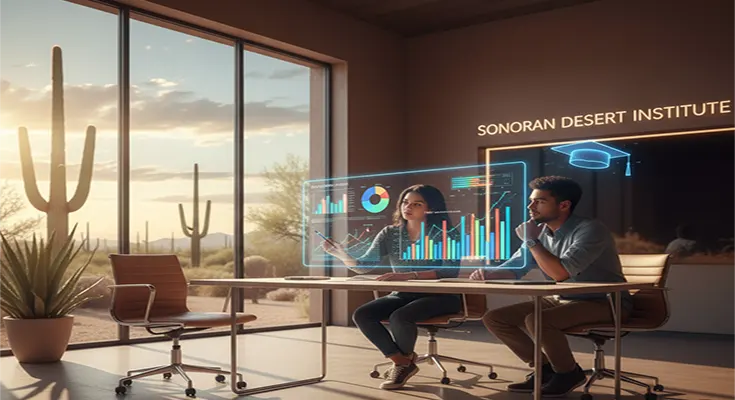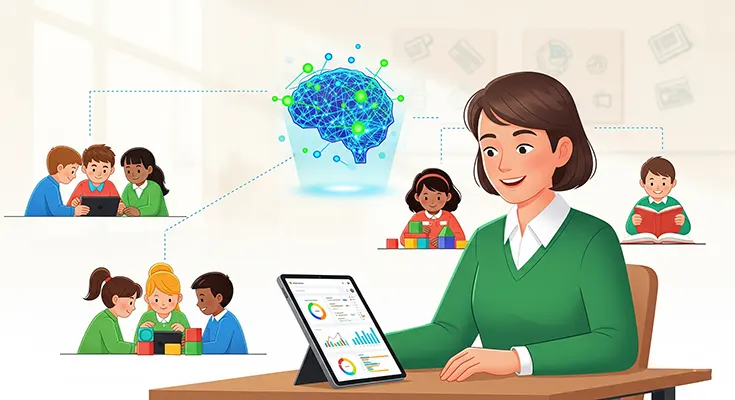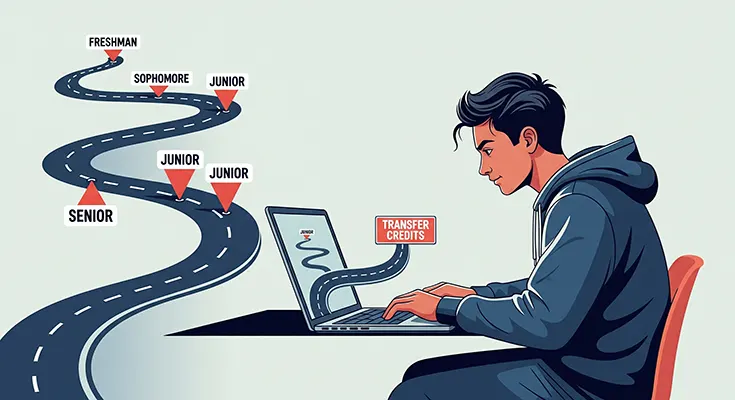
How Expired Domains Influence Digital Identity
In today’s digital world, your online presence is crucial to building a strong brand. Whether you’re an individual or a business, your digital identity plays a significant role in how you are perceived. One key factor in shaping this identity is the domain name that represents you or your business on the internet. But what happens when that domain name expires? How does an expired domain affect your digital identity? Let’s dive into the basic understanding and explore the impact of expired domains.
Basic Understanding of Domains
Before we explore the influence of expired domains, it’s essential to understand the role of a domain in digital identity. A domain name is the unique web address that users type into their browser to access a website. It’s essentially your brand’s online address.
When you buy domain names, they come with an expiration date. If you fail to renew the domain, …
How Expired Domains Influence Digital Identity Read More




